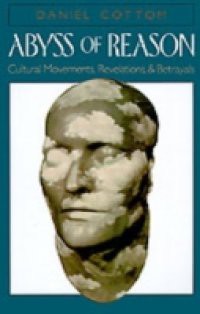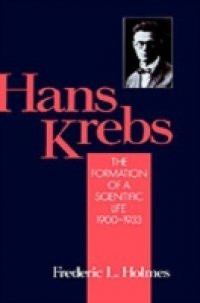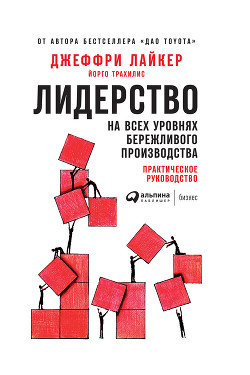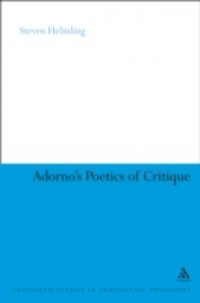In this pathbreaking study, the historical relationship between nineteenth-century spiritualism and twentieth-century surrealism is the basis for a general examination of conflicting movements in literature, art, philosophy, science, and other areas of social life. Because spiritualism delved into the world beyond humanity and surrealism was founded on the world within, the two provide a provocative frame for examining the struggles within modern culture. Cottom argues that we must conceive of interpretation in terms of urgency, desire, fierce contention, and impromptu deviation if we want to understand how things come to bear meaning for us. He demonstrates that even when Victorians holding seances and surrealists composing manifestoes were most foolish, they had much that was valuable to say about the life (and death) of reason.

















